| –
| Apply puller -T10055- with adapter -T10055/1- as shown in illustration and pull injector out upwards by tapping gently. |
| –
| After removal, lay injectors on a clean cloth. |
| When installing new injectors, the following components must be renewed: |
| t
| Renew O-ring for injector bore. |
| t
| O-ring for fuel return line connection |

Note | t
| Note identification marks for cylinder allocation when re-installing high-pressure pipes. |
| t
| The high-pressure pipes can be re-used after performing the following checks: |
| t
| Check taper seats of high-pressure pipes for deformation and cracks. |
| t
| The bore of the pipe must not be distorted, restricted or otherwise damaged. |
| t
| Corroded pipes must not be used again. |
| Installing used injectors |
| When re-installing used injectors, the following components must be renewed: |
| t
| Renew O-ring for injector bore. |
| t
| O-ring for fuel return line connection |
| –
| Spray tip of injector nozzle with rust-releasing spray. Wait approx. 5 minutes and wipe off soot particles and oil with a cloth. |
| –
| If an injector is very dirty, the tip of the nozzle should also be cleaned with a soft brass wire brush to make it easier to remove the copper seal. Do not apply the wire brush to the bores in the nozzle. |
| –
| To remove the old copper seal from the injector, clamp the seal carefully in a vice so that it is just held between the jaws without turning. Then carefully pull and twist the injector out of the copper seal by hand. |
| –
| Clean off deposits under the copper seal using a suitable scraper. |

Caution | Risk of damage to injector sealing surface. |
| To remove carbon deposits from the injector sealing surface, clean the injector bore in the cylinder head with a cloth soaked in engine oil or rust solvent. |
|
|
|
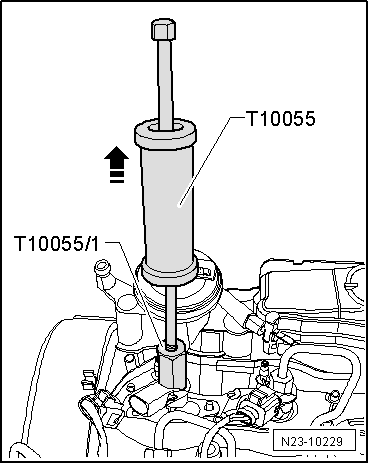
|
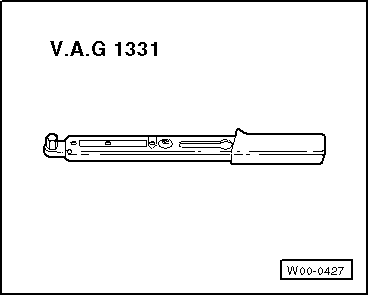
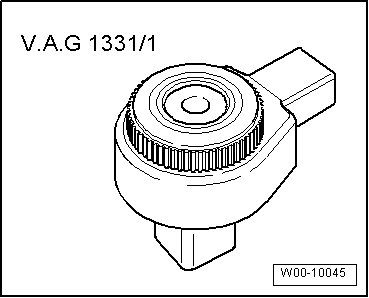
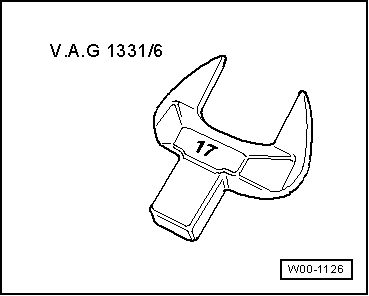
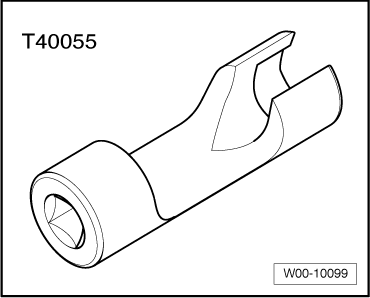
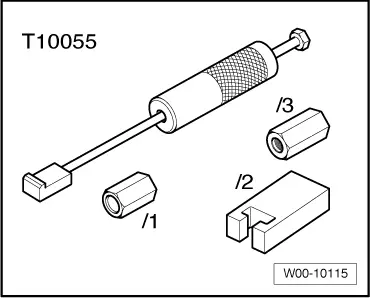
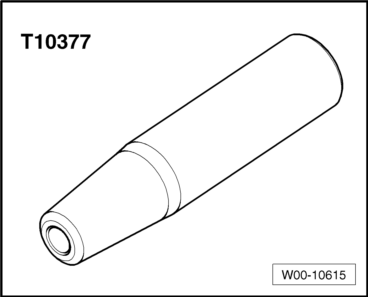
 Note
Note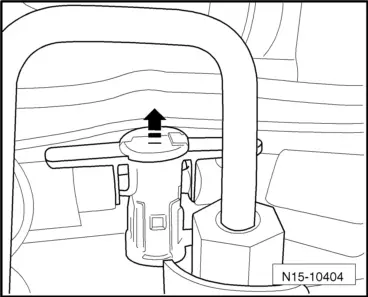
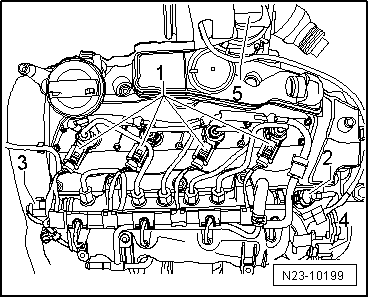
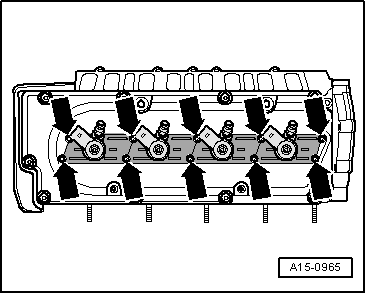
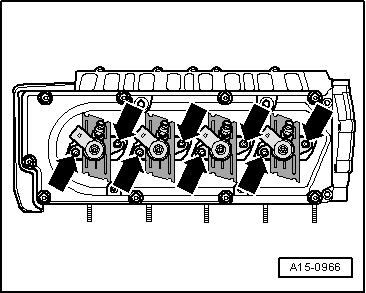
 Note
Note
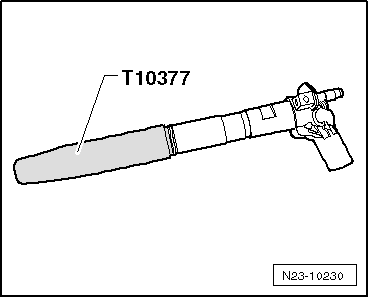
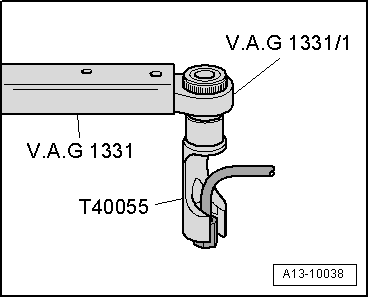
 Note
Note Note
Note Note
Note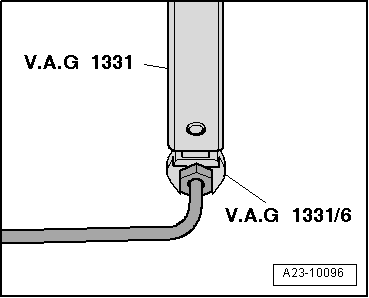
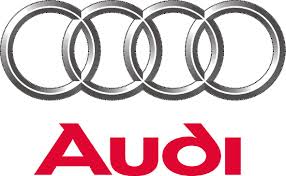
 WARNING
WARNING Caution
Caution